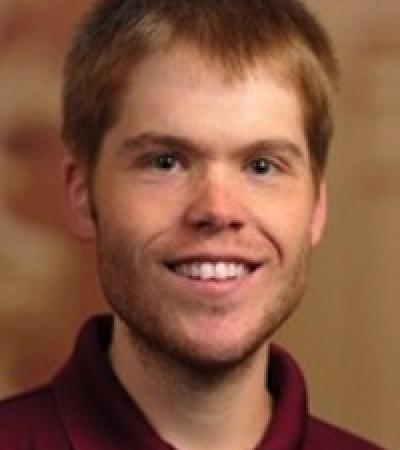This profile was current as of 2015, when he was part of the on-campus Kellogg community.
My name is Robert Lester and I am from Great Fall, MT. I am a Ph.D. student in the Economics Department. I received my Bachelors degree in economics from the University of Montana and my Masters degree in economics from the University of Notre Dame. I specialize in the macroeconomics, with Michael Pries as my advisor. In macroeconomics, we build models that satisfy some preconditions. First, they have to be dynamic meaning that people recognize that their decisions today impact the choices that will be available to them tomorrow. Second, the environment has to be stochastic, which reflects the fact that the future is not known with certainty. Finally, the models must have some sort of equilibrium concept. In economics, the equilibrium condition is not very stringent. For instance, it does not imply that prices or the production of goods and services remains unchanged. It merely requires that individuals choose the best options available to them given the information they have on hand and that some aggregate accounting identities hold. By making these models internally consistent by grounding them in an equilibrium framework, we make sure silly things dont happen like the sum total of consumption exceeding the sum total of production. Because macroeconomists use these models to understand changes in the economy and the effects of various policies, it is important that they adequately represent the real world economy.
My research is focused on finding the underlying mechanisms that bring the predictions of the economic models closer to the actual realizations in the economy. For instance, in one of the chapters of my dissertation, to understand why workers of different educational status face different labor outcomes over the business cycle, I introduce a model with heterogeneous workers. After showing that this addition brings the model closer to the data, I can ask questions such as, how do different monetary policies affect these two groups of workers?
When not engaged in academic pursuits, I enjoy hiking, camping, and barbequing.






